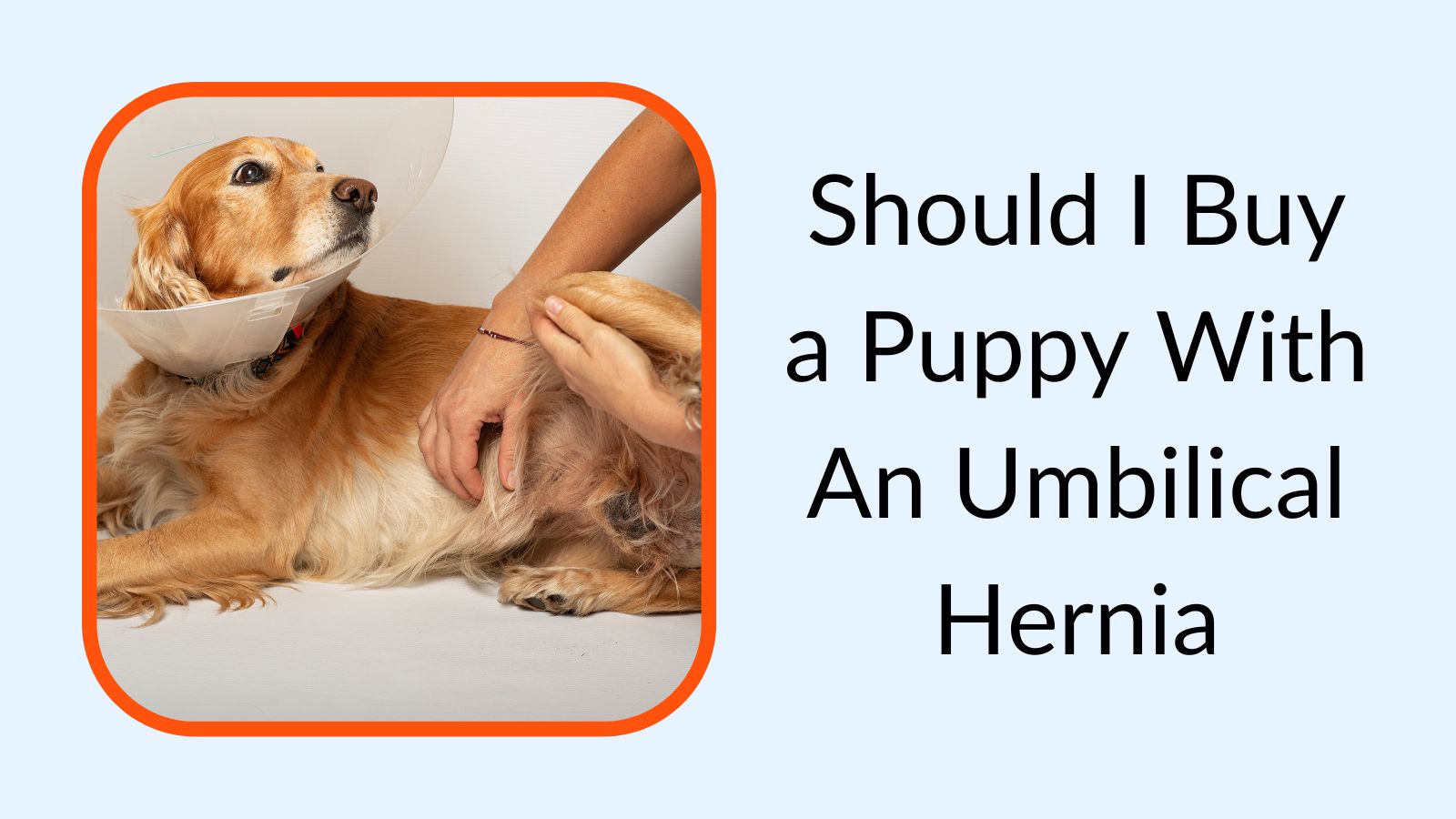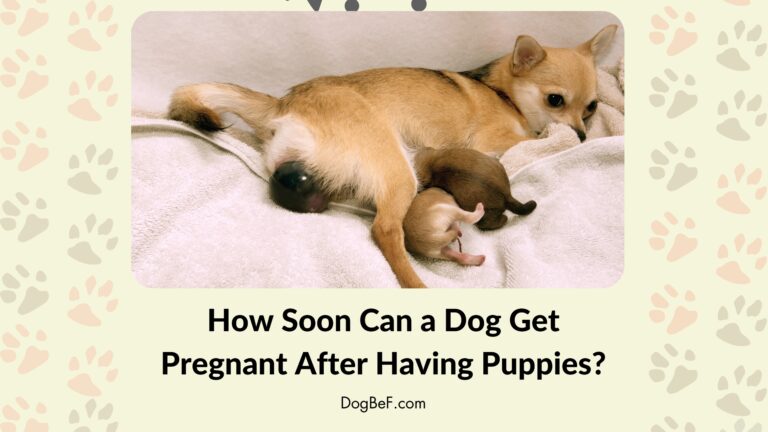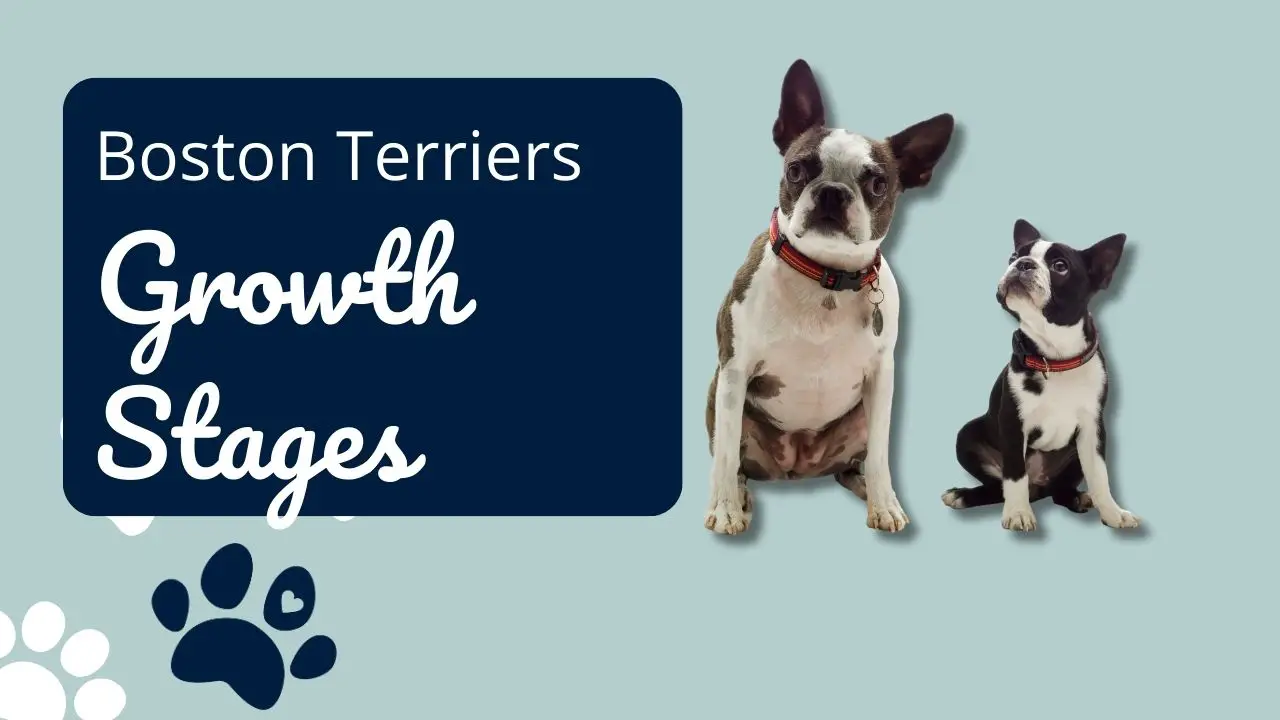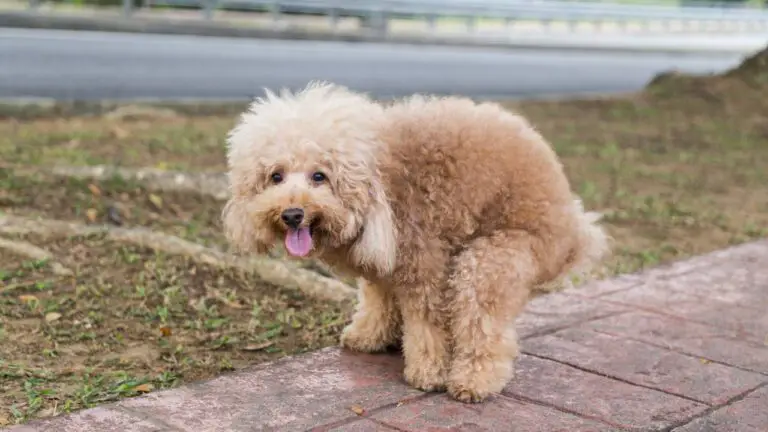Bringing a new puppy into your life is an exciting prospect, but it’s essential to be well-informed about any potential health issues the pup might have. One such condition that prospective puppy owners may encounter is an umbilical hernia. Understanding what an umbilical hernia is and its implications can help you make an informed decision when choosing your furry companion.
This guide provides a comprehensive overview of umbilical hernias in puppies, covering identification, treatment options, and the pros and cons of buying a puppy with this condition. By the end, you’ll have a better grasp of what an umbilical hernia entails and whether it’s something you’re prepared to handle as a responsible pet owner.
Understanding the Reproductive Cycle of Dogs
What is an umbilical hernia?
An umbilical hernia occurs when a portion of the puppy’s abdominal contents, such as fat or part of the intestine, protrudes through an opening in the muscle wall near the umbilicus (belly button). This opening, known as the umbilical ring, should close shortly after birth, but sometimes it doesn’t, allowing the abdominal contents to bulge out and create a visible lump.
Umbilical hernias in puppies can occur for various reasons, including genetics, trauma during birth, or other prenatal factors. Some breeds may be more predisposed to this condition due to their genetic makeup.
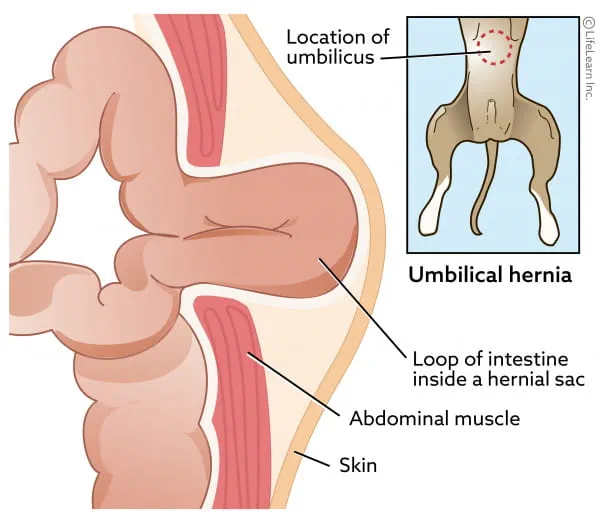
Credits: Image From Vcahospitals
Will the Hernia Go Away On Its Own?
If the hernia is small, there’s a good chance it will disappear as the puppy grows bigger and stronger. Around 4 months old, many small hernias close up naturally. But bigger hernias usually need surgery to fix them.
Is It Dangerous For My Puppy?
Most of the time, umbilical hernias aren’t dangerous for puppies. The hernia might look a little weird, but it doesn’t cause them any pain or problems. However, sometimes a hernia can get twisted and cut off the blood flow to the bump. This is called strangulation and is an emergency that needs surgery right away to fix it.
How Common are Umbilical Hernias in Puppies?
Umbilical hernias are relatively common in puppies, with some estimates suggesting that they occur in up to 10% of all newborn pups. Certain breeds are more prone to this condition due to genetic factors, such as the Airedale Terrier, Pekingese, and Basset Hound. Other contributing factors include large litter sizes, premature birth, and maternal health issues during pregnancy.
Identifying an Umbilical Hernia
A visible lump or swelling near the belly button area is one of the most obvious signs of an umbilical hernia in a puppy. This lump may be soft and pliable, and its size can vary from small to quite large. In some cases, the hernia may be reducible, meaning the protruding tissue can be gently pushed back into the abdomen temporarily.
Veterinarians can diagnose an umbilical hernia through a physical examination and may recommend additional tests, such as ultrasounds or X-rays, to rule out any complications or associated conditions.
Risks and Complications
While most umbilical hernias in puppies are relatively harmless, they can pose certain risks and potential complications if left untreated. One of the main concerns is the possibility of the hernia becoming incarcerated or strangulated, which occurs when the protruding tissue becomes trapped and its blood supply is cut off. This can lead to serious complications and may require emergency surgery.
Untreated umbilical hernias can also increase the risk of intestinal obstructions, infections, and other digestive issues. In some cases, the hernia may continue to grow larger over time, making it more difficult to manage or treat.
Treatment Options
The treatment for an umbilical hernia in a puppy depends on its size, severity, and the presence of any complications. In some cases, smaller hernias may resolve on their own as the puppy grows and develops stronger abdominal muscles.
For larger or persistent hernias, surgical repair is often recommended. The procedure involves gently pushing the protruding tissues back into the abdomen and closing the opening in the muscle wall with sutures. This surgery is commonly performed in conjunction with spaying or neutering to minimize the number of anesthetic events for the puppy.
The cost of surgical treatment for an umbilical hernia can vary depending on the veterinary practice, the complexity of the case, and your location. On average, the cost can range from a few hundred dollars for a straightforward procedure to over $2,000 for more complicated cases.
It’s essential to follow your veterinarian’s post-surgery care instructions carefully, which may include activity restrictions, wound management, and follow-up appointments to monitor the healing process.
Should I Get A Puppy With A Hernia?
Umbilical hernias are really common in puppies, so try not to worry too much if you see that belly button bump. As long as you take your puppy to the vet and follow their advice about whether surgery is needed, most puppies do just fine! Just be prepared that you might have to pay for hernia surgery on top of the regular costs of caring for a new puppy.
If you’re thinking about getting a puppy that has an umbilical hernia, be sure to ask your vet and the breeder lots of questions. That way you can decide if you’re ready to give the puppy any extra care it might need because of the hernia. With some basic precautions, a puppy with an umbilical hernia can make just as great a pet as any other puppy!
The most important thing is to not ignore the hernia. As long as you stay on top of it with your vet’s help, umbilical hernias are no big deal for most puppies. If you have any other questions, just ask your vet – they’re the experts! Getting a new puppy is exciting, so try not to let the hernia bump worry you too much.
Pros and Cons of Buying a Puppy With an Umbilical Hernia
When considering whether to buy a puppy with an umbilical hernia, it’s crucial to weigh the potential pros and cons carefully.
Pros:
- Most puppies recover fully with treatment.
- Puppies with hernias may be more affordable.
- Opportunity to provide a loving home to an overlooked puppy.
Cons:
- Additional costs for surgery and care.
- Frequent vet visits initially.
- Risk of complications if hernia is not managed properly.
- Limitations on breeding or participating in activities.
Ethical Considerations and Breeder Practices
When considering purchasing a puppy with an umbilical hernia, it’s essential to consider the ethical implications and the practices of the breeder or rescue organization you are working with.
Reputable and responsible breeders will typically have their breeding stock screened for genetic conditions and perform health checks on the puppies before selling them. They should be transparent about any health issues, including umbilical hernias, and provide you with all the necessary information to make an informed decision.
It’s essential to ask the breeder about their screening practices, genetic testing protocols, and whether umbilical hernias are common in their breeding lines. This information can help you assess the likelihood of the condition being genetic and potentially passed down to future litters.
Ethical breeders will also be open to discussing the potential implications of breeding a dog with an umbilical hernia, as well as the risks and considerations involved in caring for such a puppy.
Managing and Monitoring Umbilical Hernias
If you decide to purchase a puppy with an umbilical hernia, it’s essential to be prepared for the additional care and monitoring required. Here are some tips for managing and monitoring umbilical hernias in puppies:
- Schedule regular veterinary check-ups to monitor the hernia and ensure there are no complications.
- Be vigilant for signs of discomfort, swelling, or other changes that may indicate a problem.
- Follow your veterinarian’s instructions for post-surgical care, including activity restrictions and wound management.
- Provide a safe and secure environment for your puppy, avoiding rough play or activities that could strain the hernia site.
- Consider the long-term implications and potential limitations, such as restrictions on breeding or participating in certain activities.
- Ensure your puppy receives proper nutrition and maintains a healthy weight to minimize additional strain on the abdominal muscles.
Consistently monitoring and managing an umbilical hernia in a puppy can help ensure a successful recovery and minimize the risk of complications.
Conclusion
Umbilical hernias in puppies are relatively common and, in most cases, treatable with proper care and medical intervention. However, the decision to buy a puppy with an umbilical hernia should not be taken lightly.
It’s essential to weigh the potential risks, costs, and additional responsibilities against the potential rewards of providing a loving home to a pup in need. Consulting with a veterinarian, discussing the situation with reputable breeders or rescue organizations, and gathering information from various sources will help you make an informed decision.
By doing so, you can ensure that you’re prepared to handle the needs of a puppy with an umbilical hernia and provide the best possible care for your new furry friend.

